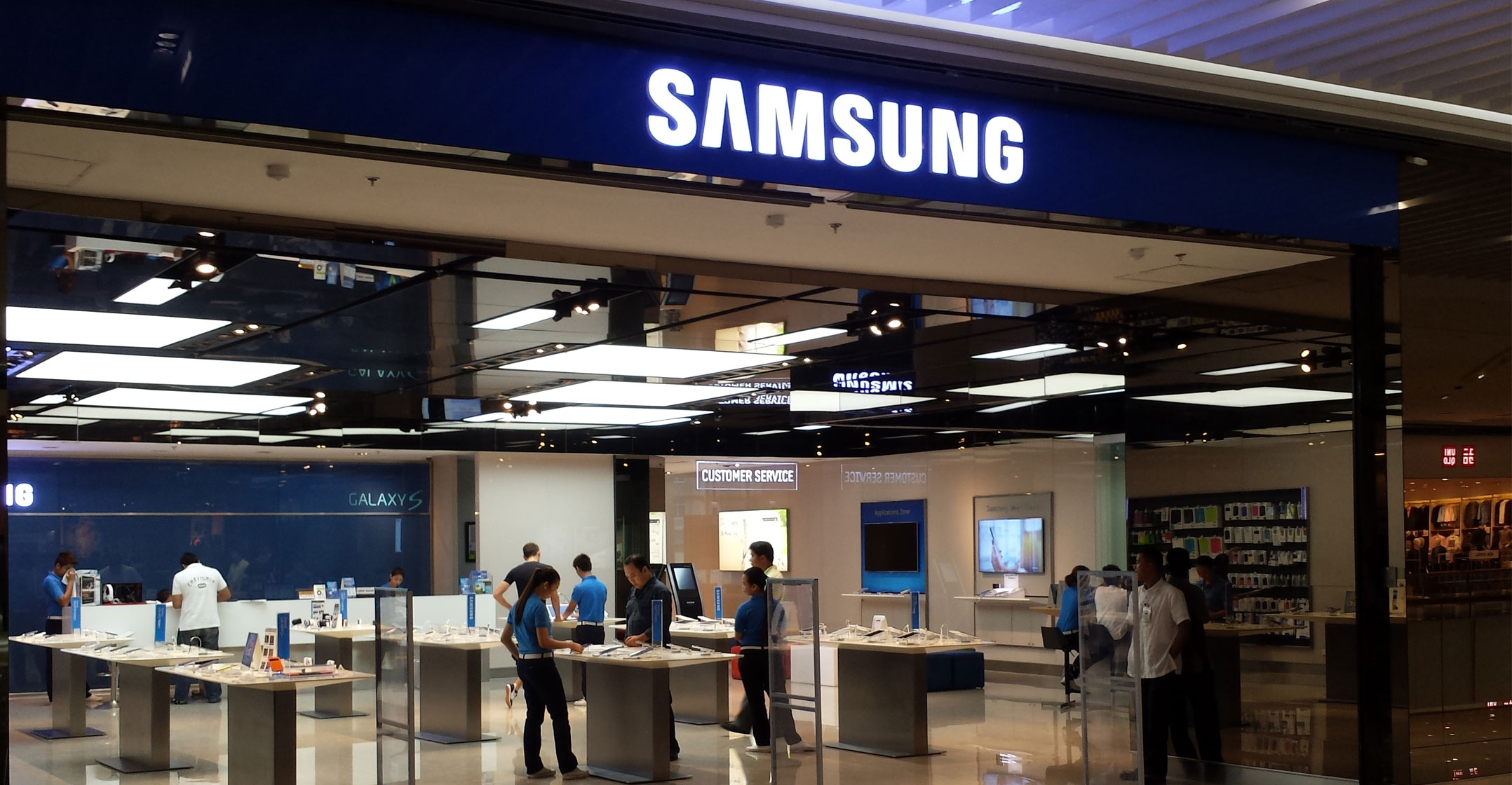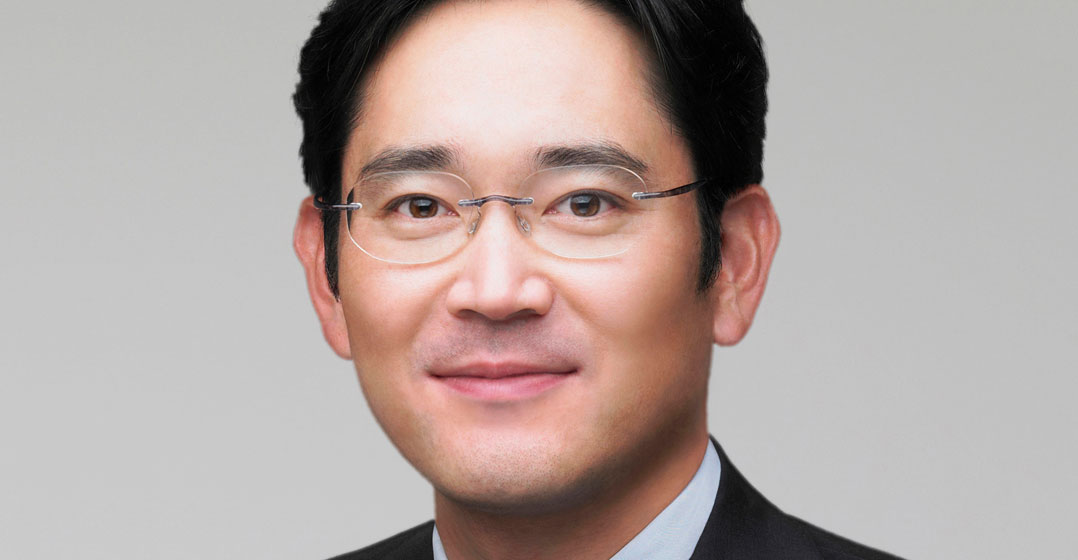
[dropcap]T[/dropcap]he trial of Jay Y Lee, heir to the Samsung Group empire, has featured thousands of pages of documents and hundreds of hours of testimony from dozens of witnesses. But experts say one thing is missing: a smoking gun.
The billionaire stands accused of paying bribes to South Korean President Park Geun-hye and then trying to conceal it, charges that he has denied. With the trial set to continue for another couple of months, the prosecution plans to call the nation’s former leader to testify as it seeks to prove Lee handed over millions of dollars to get a contentious merger approved.
“It’s true direct evidence is missing so far,” said Hong Jung-seok, a lawyer who previously worked with the special prosecution during their initial probe of Lee. “The best option for prosecutors is to make their argument as convincing as possible based on the indirect evidence they have.”
Dubbed the “ trial of the century” because of its link to an influence-peddling scandal that brought down the president and ensnared the country’s most powerful corporations, hearings have been marked by terse exchanges between prosecutors and the judge. Connecting the dots has been a time-consuming effort, extending past an initial May deadline for a verdict, with the prosecutors yet to finish their case before the defense team gets to present theirs.
If the trial isn’t wrapped up by the end of August, the six-month anniversary of Lee’s arrest, then the tycoon, who is also vice chairman of smartphone maker Samsung Electronics, must be set free in the absence of new charges.
Prosecutors allege Lee promised money to an equestrian foundation controlled by Park’s friend Choi Soon-sil. The payoff was designed to secure government backing for the contentious 2015 merger of Samsung affiliates that helped cement his control over the electronics business, they said. A former health minister has been convicted of abusing his power during the deal.
Nothing to do with succession
Defence lawyers said the merger was aimed at boosting the competitiveness of its units and had nothing to do with succession. They also said Park pressed Lee to fund the sports association without saying it would benefit Choi’s daughter, a competitive equestrian. The former president is standing trial separately and has denied wrongdoing, as has her friend Choi.
Among the evidence cited since the trial began in March are text messages from mobile phones used by Samsung executives and hand-written notes by a former presidential secretary.

Those records show South Korea’s biggest company liaised with senior government officials, including regulators and presidential aides, on a variety of issues. Samsung even once sought to influence officials by giving them brand-new Galaxy smartphones, according to the written testimony of one executive.
Still, details of what Lee and Park discussed in their meetings from 2014 to 2016 have been scant. While Lee hasn’t taken the stand, he has acknowledged meeting with the former president but denied any wrongdoing. His lawyers said Samsung’s communications with government took place within legal boundaries and were part of its routine activities.
The merger of Samsung C&T and Cheil Industries squeaked through in 2015 over the objections of activist investor Paul Elliott Singer, who had argued it undervalued C&T.
The deal was approved with the support of Korea’s state-run National Pension Service, a US$450bn fund with money from 22m citizens that had a stake in C&T large enough to swing the deal in either direction.
Prosecutors have alleged that backing from the NPS came about because of the bribes. On 8 June, former minister for health and welfare Moon Hyung-pyo was sentenced to two-and-a-half years jail for abuse of power after he was convicted of pressuring the NPS into backing the merger. The pension service is overseen by the health ministry.
Both Lee and Park say they didn’t discuss the deal in their meetings.
“Prosecutors face the double challenges of proving Samsung’s donations were indeed a quid pro quo and that bribes paid to Choi are essentially bribes paid to Park,” said Kim Nam-kuk, an attorney at Seoul-based law firm Myeunghyun. “It’s not an easy thing to prove, but the chance of a conviction still exists given strong suspicions about why the government would defy such opposition to vote in favour of a controversial merger.”
The prosecution hasn’t finished presenting its case, with Park and Lee yet to testify. The former leader was removed from office in March after lawmakers impeached her in December following months of protests over alleged corruption. She was indicted in April with South Korea electing a new president the next month.
More animated
The legal battle over Lee at Seoul’s central district court has been closely monitored by South Korea’s media, and judge Kim Jin-dong, flanked by two junior justices, has convened hearings three times almost every week, one of which stretched through to 1am.
Lee has become more animated as the trial has worn on. Early sessions saw him sitting silently, staring straight ahead without showing any emotion. On 25 May, he smiled on his way to the courtroom, surrounded by a gaggle of press photographers, after getting off a prison bus holding a file. On 1 June, he flipped through hundreds of pages of testimony and whispered to his lawyers as prosecutors questioned witnesses across the aisle. In past weeks, Lee has even taken to surveying the courtroom audience, and begun passing notes to his lawyers in response to prosecutors’ arguments.
When prosecutors closed an April presentation with comments that Samsung could bribe anyone it wanted to, judge Kim delivered a rebuke that it had little to do with proving Lee and Park reached a deal when they met.
“That’s enough,” Kim said. “You opine too much.”
Still, bribery charges have been proven on circumstantial evidence in the past in South Korea, with the nation’s supreme court upholding such rulings.
“Evidence may be circumstantial, but presented in a convincing manner, it could still lead to a conviction,” said Shin Pyung, a professor of law at Kyungpook National University. “That judgment ultimately rests on the judge.” — Reported by Sam Kim, (c) 2017 Bloomberg LP




